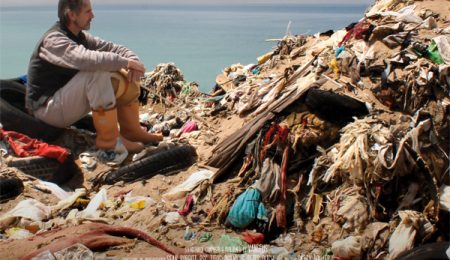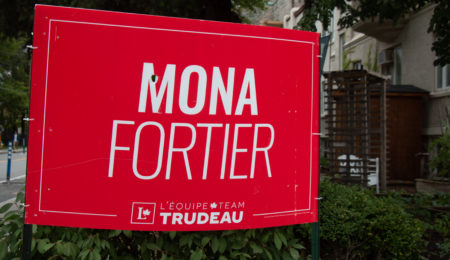Why this trend is just another straw man
The plastic straw crusade highlights a problematic tendency that, if we as a society continue, will result in our downfall. Cue dramatic music.
Let’s first take a look at the broader context. Carbon dioxide emissions are skyrocketing, waste vortexes are enlarging, and our climate is heating up.
Against this bleak landscape, the most successful population push to do anything pro-environment has been to make businesses abandon plastic straws. Hurray for us.
The main problem here (and there are many) is one of misplaced priorities. Environmental devastation poses an existential threat to humankind, and it is approaching faster than ever. Therefore, it is crucial that we do as much as we can to save ourselves in a strategic and effective manner. Tragically, the plastic straw crusade represents the exact opposite of that.
If we want to actually save humanity, it means we have to develop cost-efficient, renewable energy sources that can economically compete with fossil fuels; we have to commit to producing lower emissions; we have to slow down our religious consumption patterns which create mountains upon mountains of garbage. All of these challenges are incredibly difficult.
Comparatively, the effort it took to get rid of plastic straws is pitiful. To contribute, all you had to do was read an article on the damage of plastic straws, sign a petition on Change.org or tweet at some beverage-serving institution, and sip your drink instead of slurp it. The point being, the crusade required no significant personal effort and no significant change in behaviour. Addressing any of the significant environmental problems demands these, often personally inconvenient, changes.
The crusade manages to illustrate another problem which stands in the way of global environmentalism. There is a key principle of climate degradation at play in the plastic straws debate; that being the obviously unsustainable practice of waste creation brought about by (predominantly) Western overconsumption. The crusade could have been a catalyst to a larger, more significant conversation worthy of our time and attention, had the ire of public outrage simply been broadened a little bit.
The crusade did successfully beg the question, why do we need plastic straws in the first place?
There are many who require the aid plastic straws provide, including people in the disabled community. These people should be able to have access to these valuable devices. Otherwise, the crusade has emphasized that the slight convenience provided by straws does in no way outweigh the environmental devastation they cause.
This principle of temporary and essentially negligible convenience causing untold damage to the environment is one that we ought to deeply consider as a society. We must use this perspective in examining our day to day lives to determine what practices we can easily live without, the absences of which would have a positive effect on our planet.
Instead of examining this problem of needless consumption in a deeper sense, however, the crusade fixed its gaze upon this single practice and refused to grapple with the much larger problem at the core of the issue.
If this fight against straws is representative of the amount work we are willing to do, we should be embarrassed. Instead of addressing the huge cracks in the dam, we went to the smallest one and put our chewing gum over it. Unless we get our priorities straight, we’re doomed.





